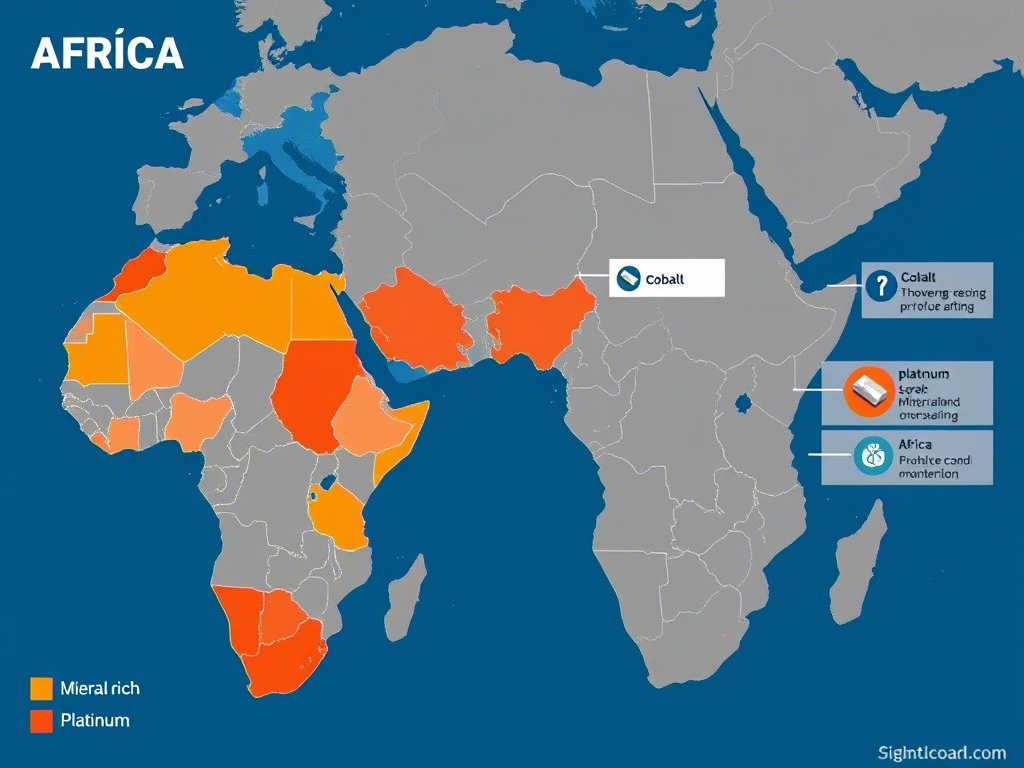In today’s rapidly evolving enterprise landscape, software delivery must be faster, more secure, and scalable across complex teams and infrastructure. Yet, developers often face friction: navigating sprawling toolchains, managing infrastructure manually, or searching for documentation scattered across systems. This is where Internal Developer Portals (IDPs) come into play. IDPs are becoming essential in enterprise environments that aim to scale their software delivery without compromising on quality or velocity. These portals act as a self-service layer
Not long ago, Developer Experience (DevEx) was primarily a technical concern. Engineering managers and platform teams discussed build times, internal tooling, and CI/CD workflows behind the scenes. But in today’s digital-first landscape, where software drives competitive advantage, DevEx has rapidly ascended from a developer gripe to a strategic boardroom priority. Enterprises are realising that how developers work, the friction they face, and the tools they use directly influence speed, quality, security, and ultimately, revenue. With
The early days of cloud migration were dominated by the “lift-and-shift” approach, moving on-prem workloads to cloud environments with minimal changes. While this strategy offered speed and short-term cost benefits, it often failed to unlock the full potential of the cloud. As we move through 2025, enterprises are realising that cloud-native resilience isn’t just a bonus, it’s a business imperative. The Shortcomings of Lift-and-Shift Lift-and-shift migrations typically replicate legacy infrastructure in the cloud. This means
As the software landscape becomes increasingly complex and interconnected, enterprises face growing challenges in securing their applications and infrastructure. With the widespread use of open-source libraries, third-party components, containerised deployments, and microservices, organisations are often unaware of what truly resides in their codebases. This visibility gap creates fertile ground for security vulnerabilities to go undetected until it’s too late. Enter the Software Bill of Materials, or SBOM. In the same way that manufacturers track every
Governance, Risk, and Compliance (GRC) has long been associated with rigid policies, manual audits, and reactive reporting. However, the accelerating pace of regulatory change, globalisation, and complex digital ecosystems is rendering traditional GRC models insufficient. In response, organisations are turning to Artificial Intelligence (AI) to modernise their approach, making GRC smarter, faster, and more proactive. Welcome to the era of AI-powered GRC, where predictive insights and real-time intelligence are transforming how enterprises manage risk and




